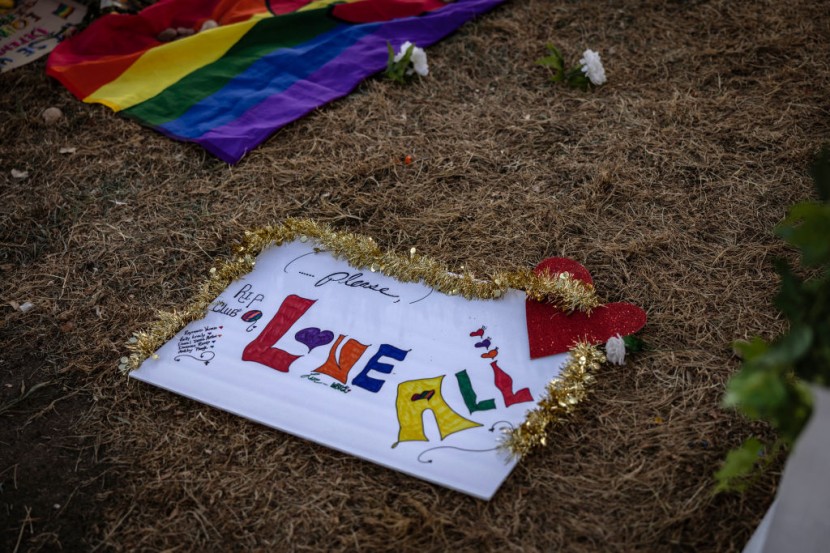On Tuesday, Anderson Aldrich, the shooter who killed five people at an LGBTQ+ nightclub in Colorado Springs, appeared in federal court to face new hate crimes.
Aldrich pleaded not guilty to the federal charges.

The documents revealed that Aldrich made a deal with the prosecutors to enter a guilty plea to 50 hate crime counts and 24 firearm violations. The plea agreement calls for 190 years in prison and multiple life sentences for Aldrich, which needs a judge's approval.
The plea agreement was made public after Aldrich had pleaded not guilty during his initial court appearance on Tuesday afternoon. The gun charges can carry a maximum penalty of death.
Alondra Gonzalez, a spokesperson for the Colorado Department of Corrections, said that Aldrich was sent to the Wyoming State Penitentiary last year due to safety concerns about the high-profile case.
Aldrich entered a guilty plea in state court last June to 5 murder charges and 46 counts of attempted murder, one for each person present at Club Q on November 19, 2022.
He also pleaded no contest to state charges of hate crimes charges under a plea agreement. The plea was an acknowledgment that there was a significant likelihood Aldrich would be found guilty of those charges without admitting guilt.
The federal charges came after an FBI investigation into the shooting. District attorney Michael Allen said at the time that the threat of the death penalty in the federal system was a big part of what motivated the defendant to plead guilty to the state charges.
Aldrich refused to speak at the sentencing hearing in state court and did not explain why they stuck around in the club, went outside, and came back wearing body armor. He pulled out a gun and began firing an AR-15 rifle when they returned.
The prosecutors claimed that Aldrich had visited the club at least six times before that evening, and his mother had forced them to go.
He informed the Associated Press over the phone that they were taking steroids and on a "very large plethora of drugs" at the time of the attack. He said that it was "completely off base" when he was asked whether the attack was motivated by hate.
Aldrich Expresses Hate Towards LGTBQ+
Prosecutors claimed that Aldrich ran a website that featured a "neo-Nazi white supremacist" shooting training video during hearings in the state case in February. Police also testified that Aldrich used racial and homophobic slurs against the police, LBGTQ+ people, and minorities through his online gaming friends.
One noted that Aldrich sent an online message with a photo of a rifle trained on a gay pride parade.
The attack shattered the sense of safety at Club Q, which served as a refuge for the city's LGBTQ+ community. The authorities said that the shooting was stopped by a Navy officer who grabbed the barrel of the suspect's rifle, burning his hand, and an Army veteran helped subdue and beat Aldrich until police arrived.
© 2026 HNGN, All rights reserved. Do not reproduce without permission.








